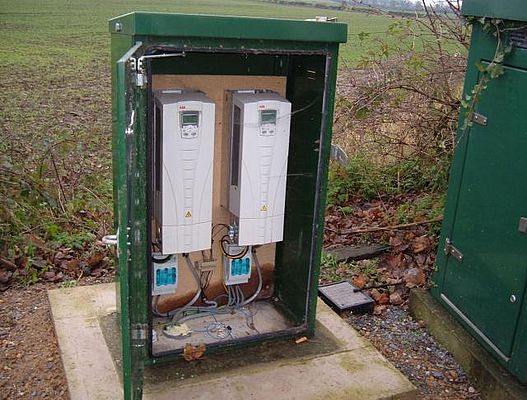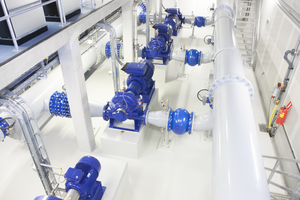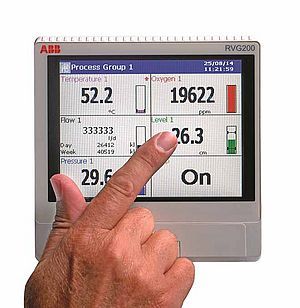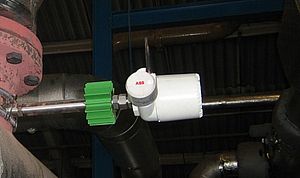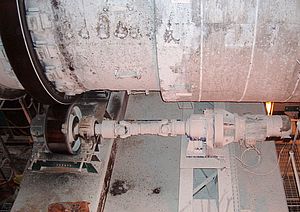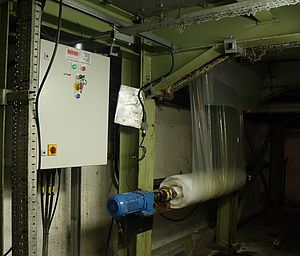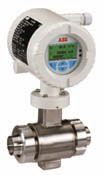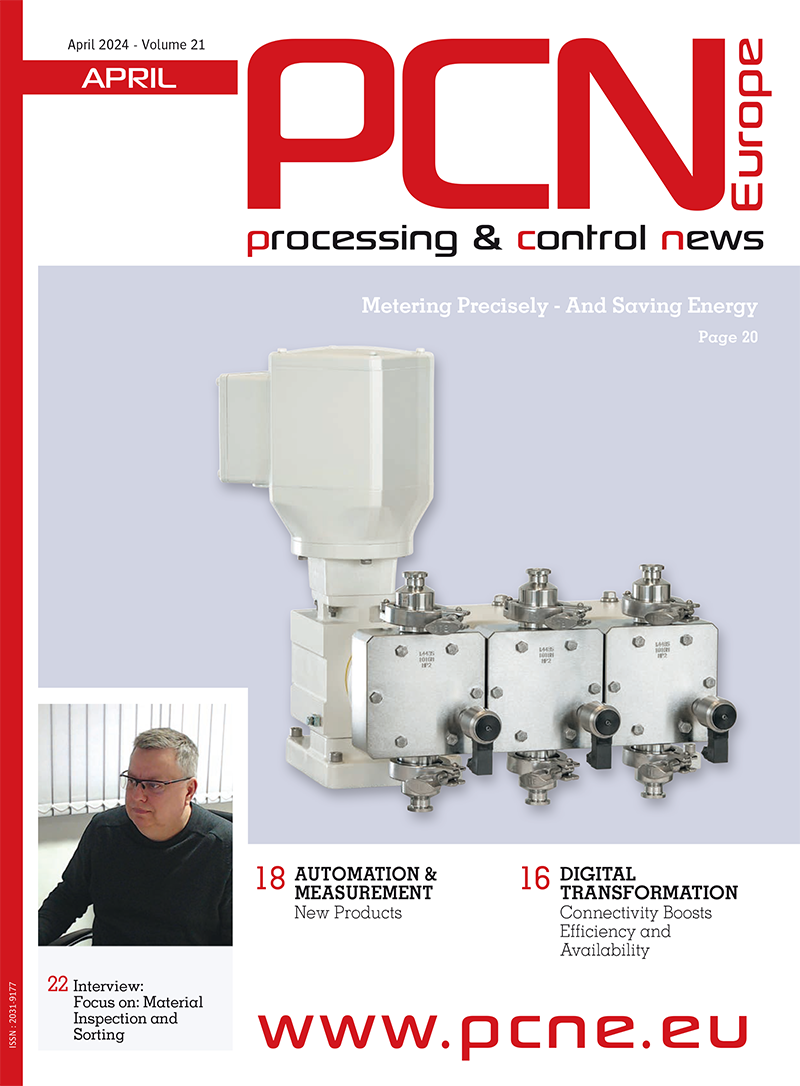The Yorkshire Water sites use split-phase supplies, which are a single-phase system using two live lines and a neutral line. These provide a 240/480 V, three-wire single-phase system for areas such as farms and small industrial areas. The challenge for Yorkshire Water is that its pumps are all three-phase units and need a three-phase supply.
ABB Drives Alliance member Halcyon Drives solved the problem using the ABB standard drive range of low voltage AC drives, with ratings of 22 kW. Halcyon used the existing split-phase supply to create a synthetic three-phase supply. This works by connecting the 480 V supply to the drive on two of its input phases. The drive then converts the AC input supply to DC, converts this back to AC and outputs a three-phase 415 V supply. The DC link stabilisation feature of the drives prevents voltage oscillation caused by weak supply voltages.
Yorkshire Water has a large number of wastewater pumping stations serving rural areas of Yorkshire, and employs this system to power the submersible sump pump motors. These in turn pump the wastewater to the treatment works.
Nick Cooper of Yorkshire Water says: "The cost of installing a three-phase supply at these remote sites can be prohibitive and varies with the distance from the supply network."
As well as the cost savings of installing a three-phase supply, using drives in this way avoids the disadvantages of the previous method. This used capacitors and contactors which tended to be troublesome. Since the low voltage drives have been installed at the sites maintenance has been reduced.
Other benefits include the ability to vary flow rates as demand changes, soft starting and stopping to avoid excessive wear and tear on the pumps, the ability to maintain constant pressure through the Proportional Integral Derivative (PID) feature of the drives and the energy saving abilities of centrifugal pumps.
Another benefit is the ability to run ABB's anti-jamming software, which can run the pumps forward and reverse alternately to remove blockages, although this feature has yet to be used on any of the mentioned installations
Adds Cooper: "One of the other advantages the drives give us is the ability to log data to diagnose faults, while the three-phase ability gives us a much wider choice of standard submersible pumps."
A number of installations are now in operation throughout Yorkshire Water's area. These sites are the Black Horse, Kirklington, Pickhill, Tunstall and Colburn Village Pump Stations.
Three-phase supply to remote pumping stations
Low voltage AC drives installed at rural pumping stations are saving Yorkshire Water the cost of installing three-phase supplies at remote sites
- by ABB Ltd
- August 18, 2011
- 570 views


